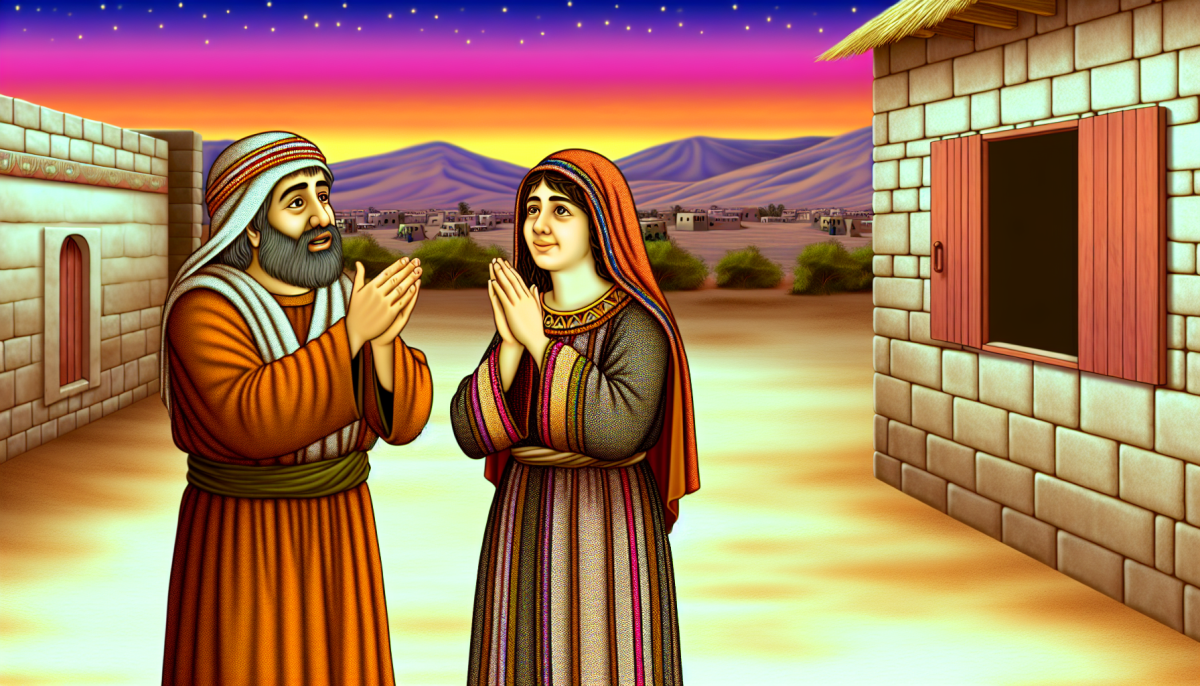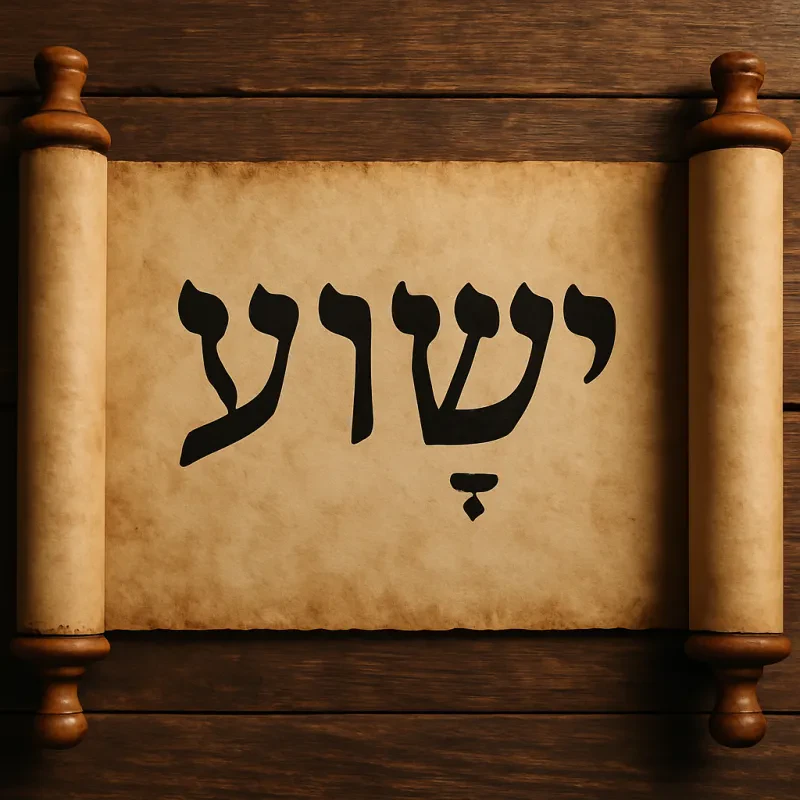When diving into the question of who are Mary's parents in the Bible, it’s essential to understand the context of her life and the world she lived in. Mary, known for her pivotal role as the mother of Jesus, comes from a heritage that holds significant importance in both the New Testament and the Jewish tradition. Her family background adds depth to her character and highlights the rich tapestry of connections in biblical narratives.
Tradition holds that Mary's parents are Saint Joachim and Saint Anne, although these names don't appear directly in the Bible. Instead, they come from apocryphal sources, specifically the Protoevangelium of James, a text that isn’t part of the official biblical canon but gives insight into early Christian beliefs. This text tells us much about Mary's early life, showcasing her upbringing in a devout family dedicated to God’s will.
According to tradition, Mary was born into a family that was particularly devout. Joachim, her father, was said to be a humble man who offered sacrifices to God, while Anne, her mother, is often depicted as a woman of prayer and patience. They prayed fervently for a child, which emphasizes the miraculous nature of Mary's birth, especially considering her significance in the Christian faith.
Mary's background makes her story even more relatable. Growing up in a loving and faithful household likely shaped her character, values, and commitment to her faith. This upbringing becomes central to understanding her readiness to accept the angel's message—an act of immense faith and courage that resonates deeply with many believers today.
Exploring Mary's Family Connections
When diving into the question of who are Mary's parents in the Bible, it’s important to realize that the Bible doesn’t directly mention them by name. However, some ancient texts and traditions help us piece together the puzzle of Mary’s family connections. According to tradition, Mary is believed to be the daughter of Joachim and Anne. These names come from non-canonical sources, specifically the Gospel of James, which gives a glimpse into her early life.
Joachim and Anne, often regarded as the holy parents of Mary, provide a rich backdrop to her story. They were deeply devout, and according to tradition, they struggled with infertility for many years. Their fervent prayers were rewarded when Anne conceived Mary, which filled their lives with joy and led them to dedicate her to God. This context offers a deeper understanding of Mary’s upbringing and the values that shaped her character.
Mary’s family ties don’t stop with her parents. There’s also her cousin Elizabeth, the mother of John the Baptist. This connection is significant, as it highlights the intertwining of their destinies and the roles they would play in the New Testament narrative. Their bond suggests a supportive family environment, which likely influenced Mary’s faith and strength.
Overall, while the Bible itself keeps things a bit vague about who are Mary's parents in the Bible, the stories and traditions surrounding her lineage paint a picture of a loving and devout family. Understanding these connections adds depth to Mary’s role in the biblical narrative, showing her as not only a significant figure on her own but also as part of a family with a powerful legacy.
The Importance of Mary's Heritage
Understanding who Mary's parents are in the Bible is crucial to grasping the significance of her heritage. Mary, often referred to as the mother of Jesus, comes from a line steeped in history and faith. Her lineage plays a vital role in the narrative of the New Testament, linking the Old and New Covenants and fulfilling ancient prophecies.
Mary's parents are traditionally believed to be Anne and Joachim, though the Bible doesn't mention them by name directly. The stories around them primarily come from apocryphal texts, like the Gospel of James. Regardless of the sources, their faith and dedication to God provide a solid backbone for Mary’s own spiritual journey.
Mary's Jewish identity and upbringing in a devout household shaped her character and brought her into a profound relationship with God. Knowing who Mary’s parents are in the Bible allows us to appreciate the values that were instilled in her, such as humility, obedience, and deep faith. These qualities would later be evident in her response to the angel Gabriel and her acceptance of the divine plan for her life.
Moreover, exploring Mary’s lineage helps us see how she fits into the larger story of salvation. Her parents’ commitment to their faith set the stage for her role in the world. This context makes her not just an individual of importance, but a vital link in the divine narrative that unfolds through generations.
Insights into Mary's Parents and Lineage
When diving into the question of who are Mary's parents in the Bible, we find ourselves in a conversation filled with tradition and a bit of mystery. The New Testament doesn’t directly mention Mary’s parents by name, but various ancient texts and church traditions offer some insights.
According to popular tradition, Mary’s parents were named Joachim and Anne. These names come from the apocryphal Gospel of James, which isn’t part of the standard biblical canon but has greatly influenced how many view Mary’s family background. This text depicts Joachim as a devout man who faced challenges conceiving a child with Anne, which makes Mary’s eventual birth feel even more miraculous.
Joachim and Anne are often celebrated for their faith and dedication. The story suggests that they prayed earnestly for a child and promised to dedicate their future daughter to the Lord. This idea paints a picture of a pious family, setting the stage for Mary’s own deep faith and extraordinary role in the Christian narrative.
Understanding who Mary’s parents are gives us context about her upbringing. If they were indeed Joachim and Anne, one can imagine Mary being raised in an environment rich with faith and devotion, which would shape her character and readiness for her important role as the mother of Jesus. This connection to a devout family enhances our appreciation for Mary and her significance in the Bible.







